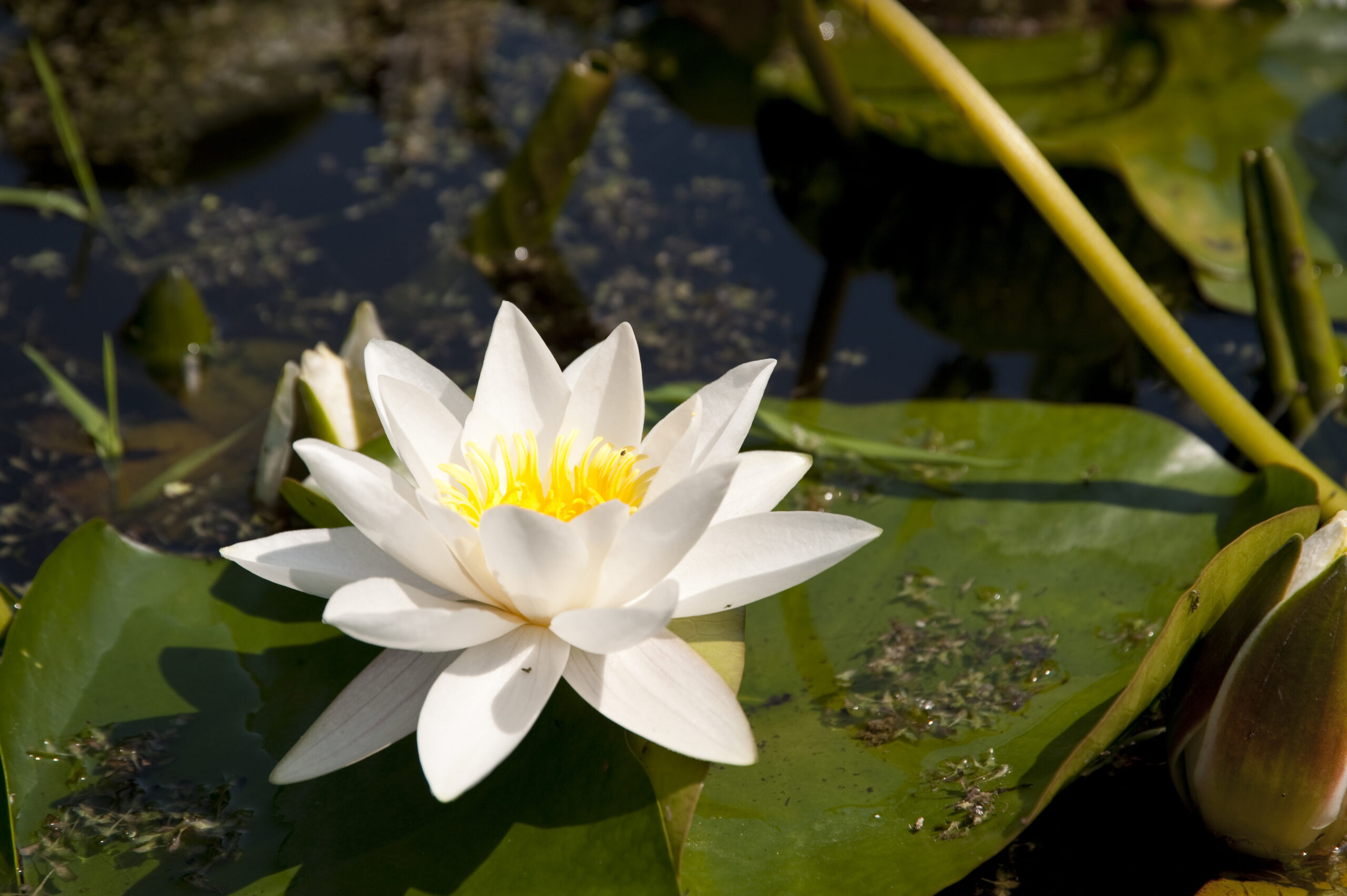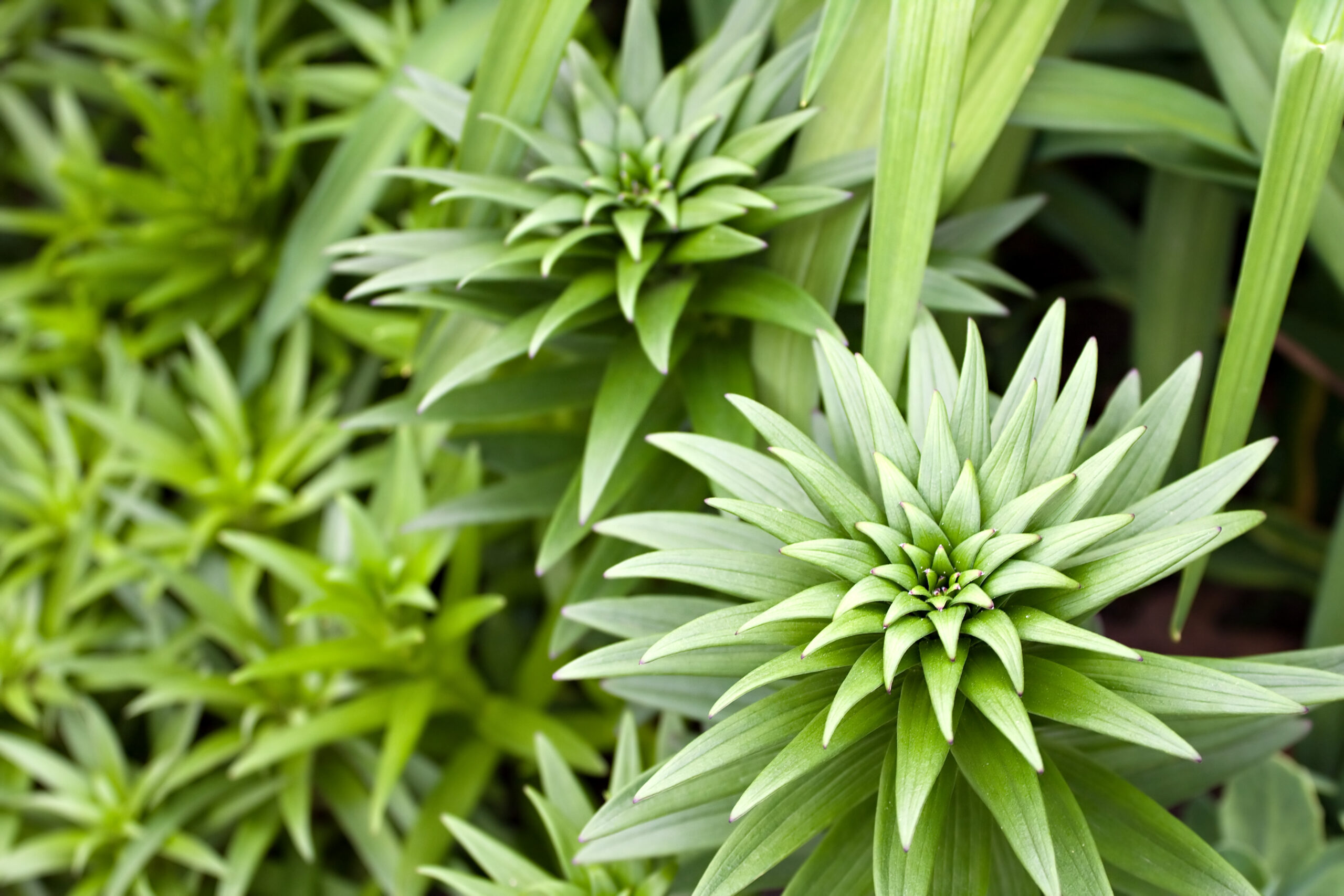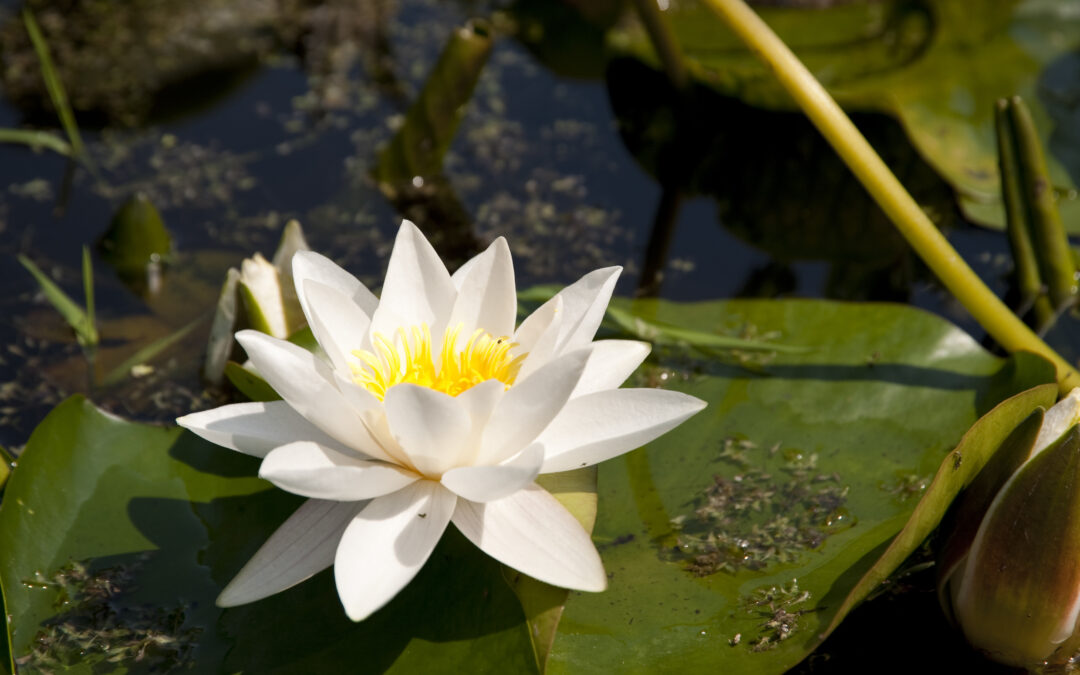Organic gardening is a method of growing plants and vegetables without the use of synthetic fertilizers, pesticides or genetically modified organisms (GMOs). It has gained popularity in recent years due to its numerous benefits for both human health and the environment. In this blog post, we will explore why organic gardening is the best choice for you and your family.
The Benefits of Organic Gardening for Your Health and the Environment:
1. Better Taste – Organic fruits and vegetables are often sweeter and more flavorful than conventionally grown produce because they are not sprayed with chemicals that can alter their taste.
2. More Nutritious – Studies have shown that organic food contains higher levels of vitamins, minerals, antioxidants, and other important nutrients compared to conventionally grown crops.
3. Reduced Pesticide Exposure – By choosing organic products, you reduce your exposure to harmful pesticides that can cause serious health problems such as cancer, neurological disorders, and reproductive issues.
4. Supports Sustainability – Organic farming practices promote sustainable agriculture by improving soil quality, conserving water resources, reducing pollution, and protecting wildlife habitats.
5. Improved Soil Quality – Organic gardeners focus on building healthy soils through composting, crop rotation, and natural mulching techniques which help improve soil structure, increase nutrient availability, and support beneficial microorganisms.
6. Better for the Planet – Organic farming reduces greenhouse gas emissions, preserves biodiversity, and helps mitigate climate change.
How to Start an Organic Garden at Home:
Starting an organic garden at home is easy and rewarding. Here are some steps to get started:
1. Choose the right location – Select an area that receives plenty of sunlight and has well-draining soil. If necessary, amend the soil with compost or other organic matter.
2. Decide what to grow – Consider planting vegetables and herbs that you enjoy eating and cooking with. You may also want to choose varieties that are suitable for your region and growing season.
3. Plant seeds or seedlings – Seedlings are ideal for those who don’t have time to start from scratch while seeds offer greater flexibility and variety. Make sure to follow instructions carefully when planting.

4. Water regularly – Keep your plants moist but avoid overwatering which can lead to root rot. Use a drip irrigation system if possible to conserve water.

5. Control pests naturally – Instead of using harsh chemicals, consider introducing predator insects like ladybugs or lacewings to control pest populations. Neem oil and garlic sprays can also be effective against common garden pests.
6. Harvest and Enjoy! – Once your plants begin producing fruit or veggies, make sure to pick them before they become too ripe. Don’t forget to savor each delicious bite knowing that you grew it yourself!
Common Mistakes to Avoid When Starting an Organic Garden:
1. Overcomplicating things – Organic gardening doesn’t need to be complicated. Focus on keeping things simple and letting nature do most of the work.
2. Not preparing the soil properly – Poor soil quality can result in stunted growth and reduced yields. Take the time to prepare your soil thoroughly before planting.
3. Neglecting maintenance – Regularly maintaining your garden is essential to keep pests and diseases under control and ensure optimal growth conditions.
4. Ignoring weather patterns – Pay attention to local weather patterns and adjust your gardening activities accordingly. Extreme temperatures, heavy rain, or drought can all impact plant growth negatively.
5. Forgetting about pollinators – Bees, butterflies, and other pollinators play a crucial role in the success of any garden. Attract these helpful creatures by planting flowers and providing water sources.
In conclusion, organic gardening offers many benefits for both our health and the environment. Whether you’re new to gardening or looking to switch to a more sustainable approach, starting an organic garden at home is a great way to connect with nature and enjoy fresh, wholesome produce. Remember to stay mindful of potential mistakes and take advantage of the abundance of resources available online to guide you along the way. Happy gardening!



